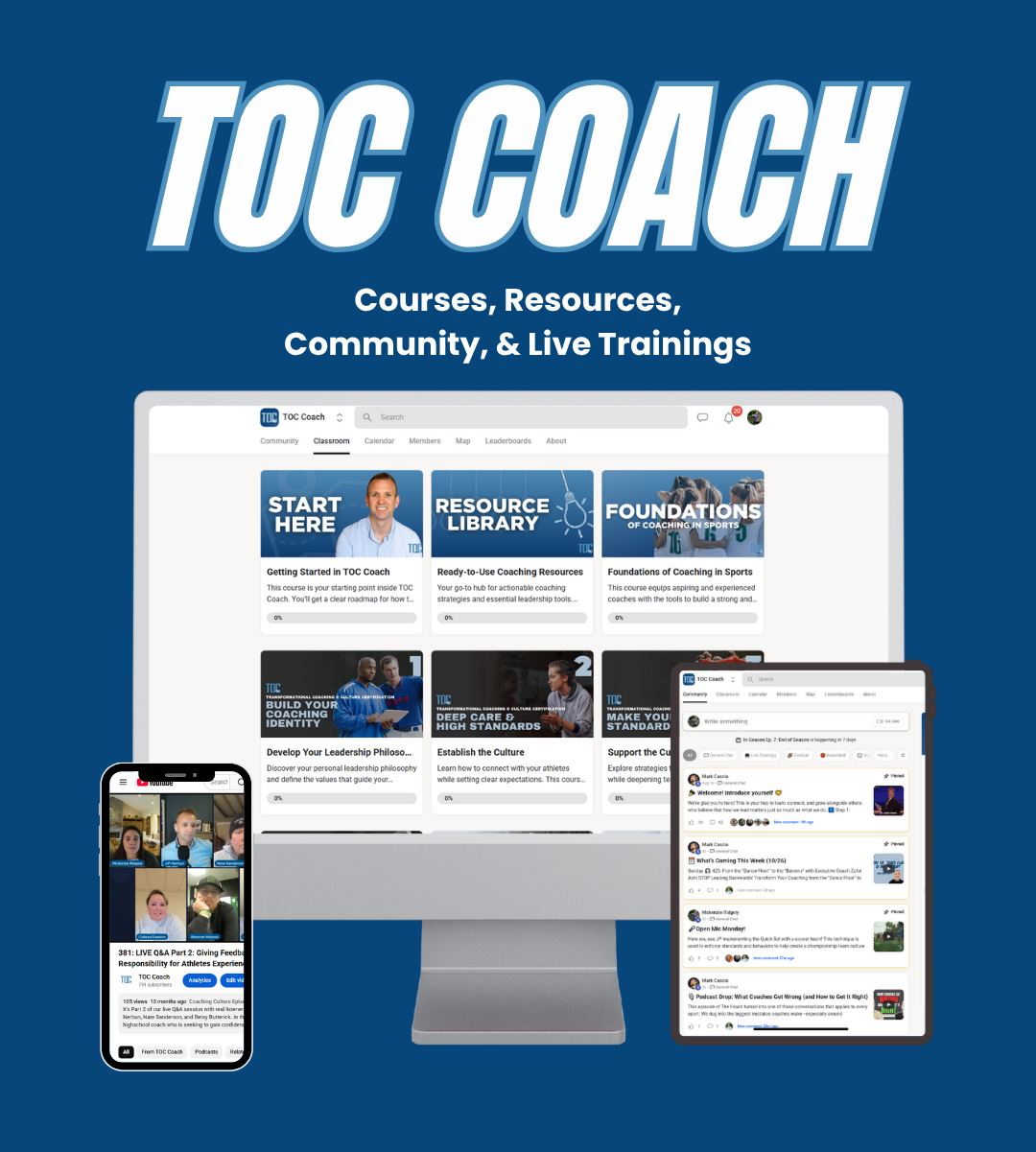Why Your Overabundance of Rules Might Be Holding Your Team Back

In the scorching summer of 1949, a team of fifteen smokejumpers parachuted into Mann Gulch, Montana, to combat a raging wildfire. What followed was a tragedy that has fascinated organizational theorists for decades. Thirteen men died, not directly from the fire, but from a fatal inability to adapt.
Karl E. Weick, a renowned organizational psychologist, dissected the Mann Gulch disaster, and his insights offer a profound lesson for anyone leading a team. The smokejumpers were highly trained, experienced, and had clear rules of engagement. Yet, as the fire intensified and their established rules became obsolete, they struggled to make sense of the new, terrifying reality. Their long list of over 40 rules became a liability.
Weick's critical insight was not just about the failure to "drop their tools," but about the paralysis that can set in when faced with an overwhelming number of pre-defined rules. When conditions spun out of control, the sheer volume of protocols and procedures designed for "normal" fire situations became a burden, not a guide. Instead of instinctively reacting to a unique and deadly threat and using common sense, the smokejumpers were, in a sense, drowning in their own rulebook.
This brings me to a crucial point discussed in my book, The Culture System: the power of the Team Manifesto. As a team, having clear, unwavering standards for your team is vital. They provide structure, define expectations, and build a strong foundation. But here's the Weickian twist: are your team standards so long that they become a trap?
In dynamic environments, whether it's a sports field, a business project, or a creative endeavor, the landscape changes. A competitor unveils a new strategy, a key player gets injured, market conditions shift. If your team's standards are a sprawling list of ten to forty-plus rules, you risk creating confusion, a lack of clarity, and authoritarian culture.
Instead, learn from the lessons of Mann Gulch: the power lies in a few, clearly articulated standards. As a team, focus on 3 to 5 core standards that truly define your team's ethos and how you operate in the most fundamental sense. These aren't exhaustive instructions for every scenario, but rather the bedrock values and behaviors that must always hold true.
For example:
- Full Effort: This isn't about specific drills, but the unwavering commitment to giving maximum effort, regardless of the score or situation.
- Respect the Game/Opponent/Teammates: This covers a vast array of behaviors without needing to list every single one.
- Talk and Touch: This explicitly encourages that everyone makes the time to greet and connect with team members every time they walk into a room.
These few, powerful team standards provide a strong compass without creating an overly rigid map. They empower your team to make sense of new situations, allowing for improvisation and creativity within a clear ethical and performance framework. Let your team standards be a compass, not an anchor.



